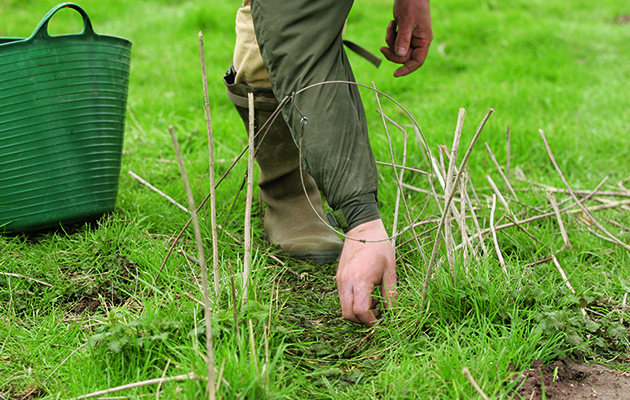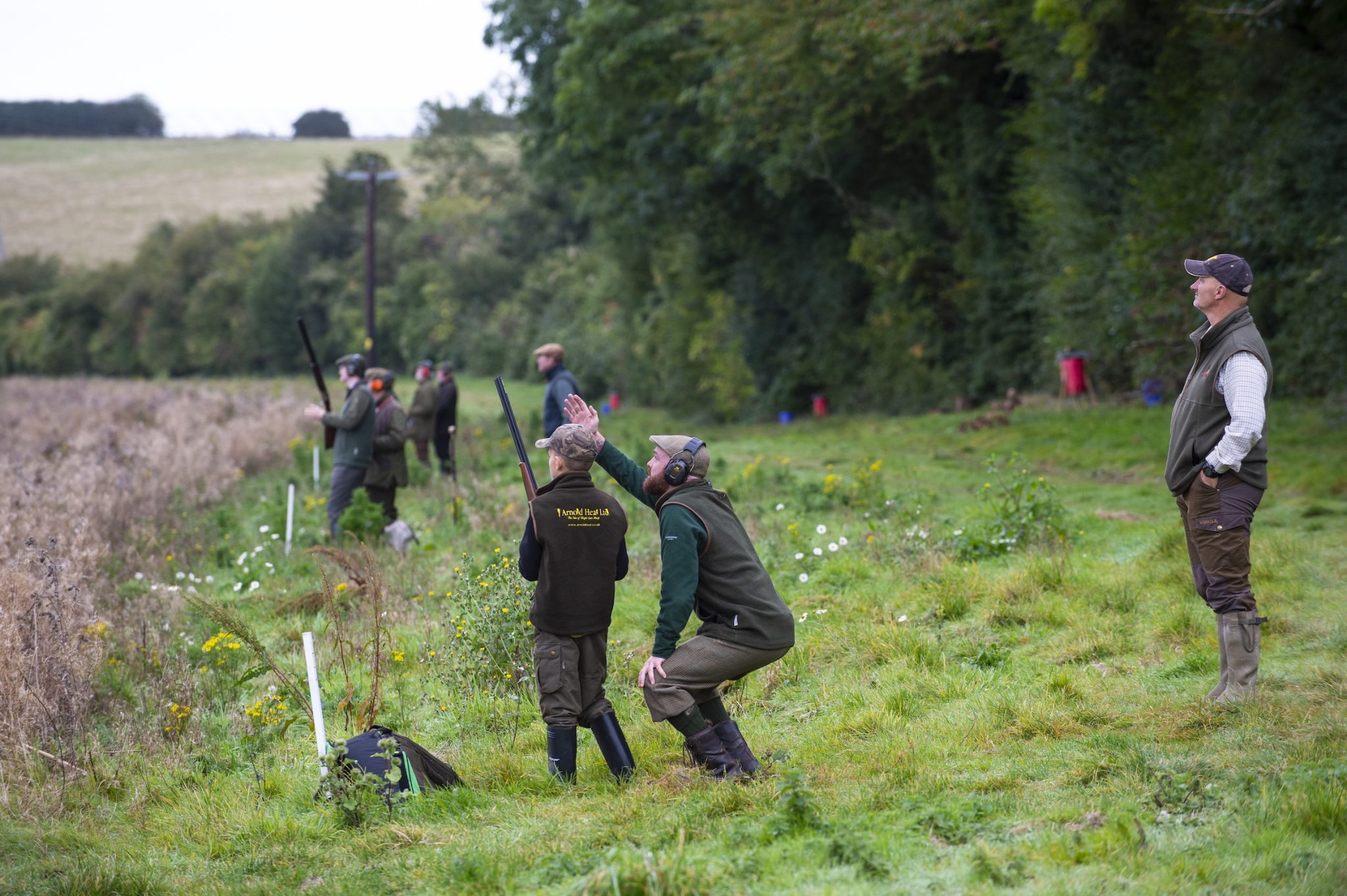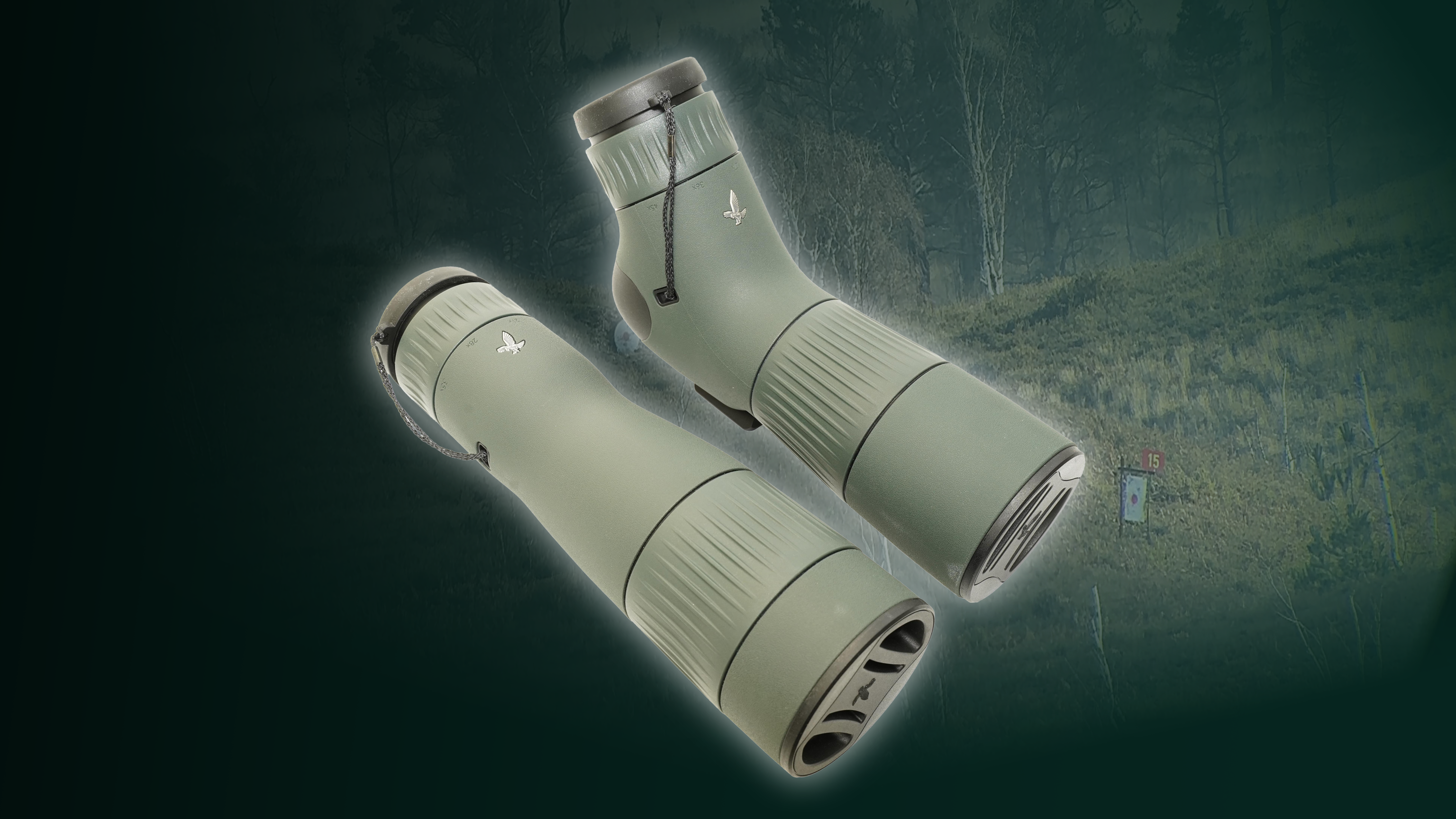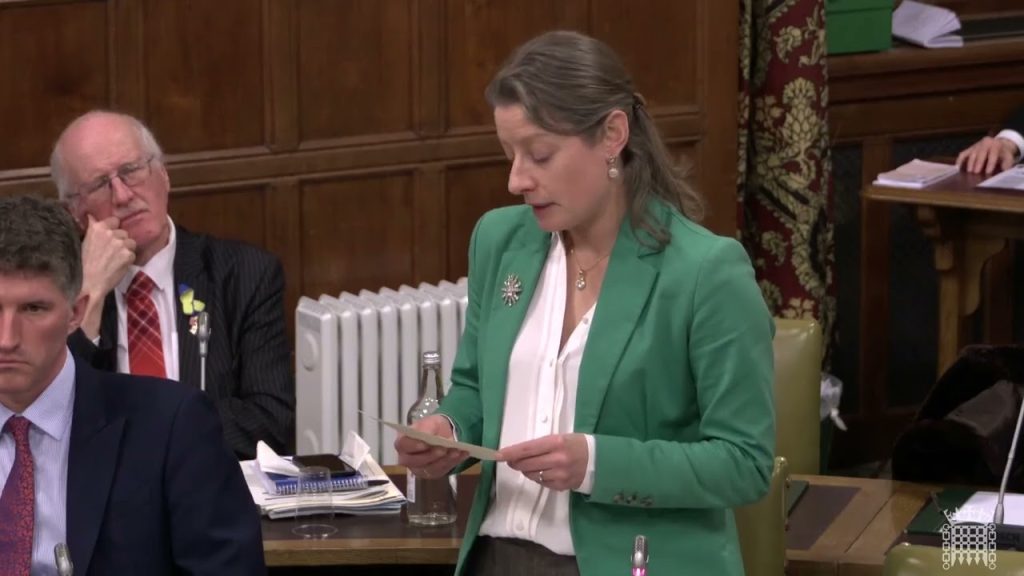The countdown is on for The British Shooting Show – book tickets online today and save on gate price!
Rural groups take lead on new fox snaring code
 Keep the ground under the snare flat
Usd 14 may 14 nws 4
Usd 4 march 15 nws 6
Usd SG august 16 nws
Keep the ground under the snare flat
Usd 14 may 14 nws 4
Usd 4 march 15 nws 6
Usd SG august 16 nws
Leading rural organisations last week launched a new code of practice on the use of snares for fox control in England.
The newly published 12-page code is a collaboration between BASC, the Countryside Alliance, the Moorland Association, the National Gamekeepers’ Organisation (NGO), the Game & Wildlife Conservation Trust, the CLA, the Tenant Farmers Association and the National Farmers’ Union (NFU), backed by DEFRA.
These eight organisations took the lead on creating the fox snaring code, which provides advice on snare design and deployment and aims to prevent injuries and suffering to foxes, which it says must be despatched “quickly and humanely”.
Countryside groups take the lead on creating the code
Dr Therese Coffey, DEFRA under-secretary, acknowledged in the foreword to the code that by allowing the rural sector to take leadership in creating the document, there will “undoubtedly be more success in promoting good practice… than the Government could achieve on its own.”
Key points of the code include that snares must only be used to restrain — not kill — foxes, and that only free-running, non-illegal self- locking snares are permitted. It also highlights the need to inspect set snares at least once a day.
The code includes instructions on where not to set snares, such as where livestock could be caught or near public footpaths and active badger setts. It states that it is “quality, not quantity” that counts, with the aim being to set fewer snares efficiently rather than placing large numbers indiscriminately.
“If in doubt, do not set a snare”
The code also says that non-lethal and other lethal alternatives must always be considered first and snares should only be used if these options are impractical, prohibitively expensive or would be ineffective, adding: “If in doubt, do not set a snare”.
Glynn Evans, BASC head of game and deer management, said that it is to be welcomed that the rural sector, rather than the Government, has been allowed to take the lead on the production of this code, adding: “Countryside organisations are the experts in this area and are therefore well placed to deliver the information and promote best practice among those who use snares.”
Collaborative approach to fox snaring code
Charles Nodder, NGO political officer, agreed: “Allowing countryside groups to take a collaborative approach to this publication was the right way forward. The best way to improve animal welfare and reassure the public is for those with a stake in the future of snaring to work together as closely as possible.
Andrew Clark, NFU director of policy, explained why it is so important to get the code right: “It is crucial that farmers can control certain species for the benefit of agricultural production, animal husbandry, game management and the conservation of wildlife. The code provides clear and practical advice to ensure those who use snares do so effectively and humanely.
“The code will help improve snare operator practice by providing clear and practical advice on how to comply with the law and best practice. This will in turn ensure improved standards in animal welfare and reduce the impact on non-target species,” he continued.
Related Articles
Get the latest news delivered direct to your door
Subscribe to Shooting Times & Country
Discover the ultimate companion for field sports enthusiasts with Shooting Times & Country Magazine, the UK’s leading weekly publication that has been at the forefront of shooting culture since 1882. Subscribers gain access to expert tips, comprehensive gear reviews, seasonal advice and a vibrant community of like-minded shooters.
Save on shop price when you subscribe with weekly issues featuring in-depth articles on gundog training, exclusive member offers and access to the digital back issue library. A Shooting Times & Country subscription is more than a magazine, don’t just read about the countryside; immerse yourself in its most authoritative and engaging publication.







